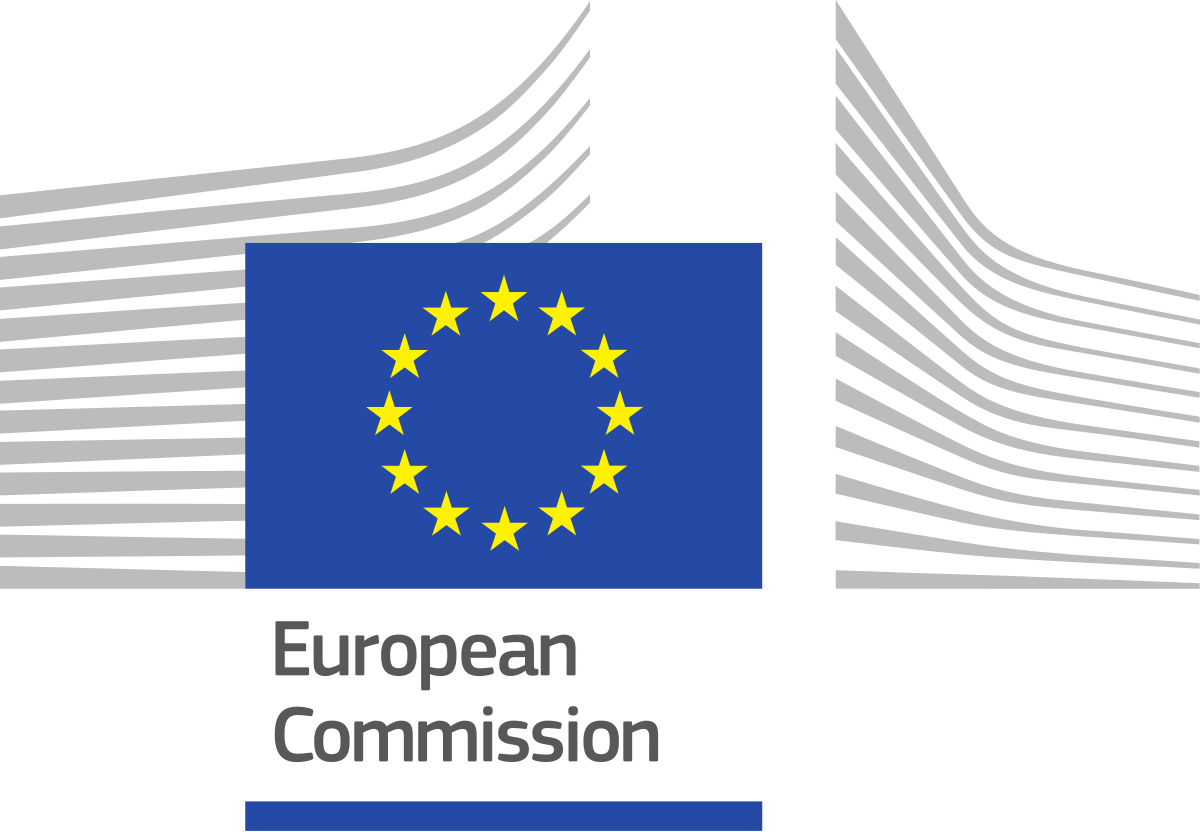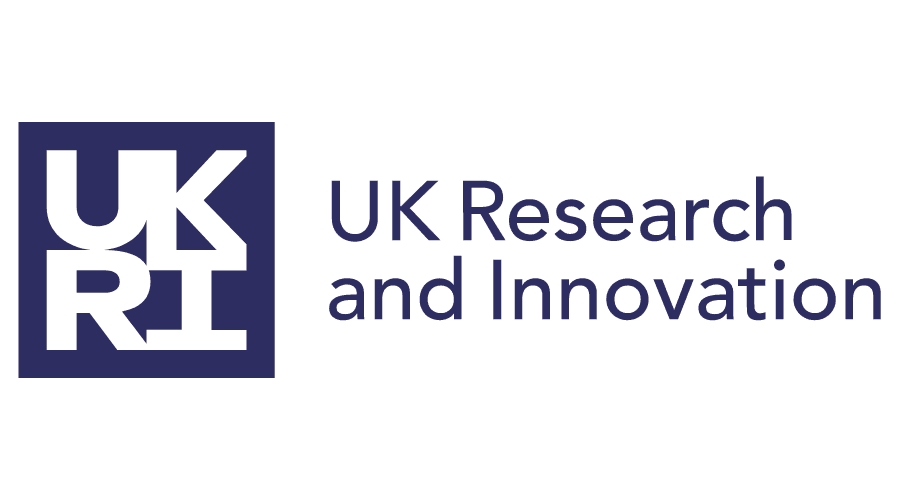Liberal democracy has many opponents, even these days in what were once thought of as consolidated democracies. But its opponents come in a variety of forms, which defences of liberal democracy should reflect. This is the premise of the new Horizon Europe – European Commission/UKRI jointly-funded AUTHLIB project, which brings a consortium of European partners together to study how liberal democracies can respond to their challengers.
Eight institutions will participate from across Europe: Central European University (lead institution), University of Oxford, Sciences Po, Charles University, The Scuola Normale Superiore, SWPS University, The Transatlantic Foundation and the University of Vienna. The study aims to capture the dynamics of ideological change in the European Union as a whole, focussing in particular on seven countries: Poland, France, Italy, Hungary, the Czech Republic, UK and Austria.
The Oxford team, involving Stephen Whitefield (PI), Spyros Kosmidis, Zofia Stemplowska – as well as Jane Green in an advisory role – will be specifically responsible for research on the emotional underpinnings of illiberalism among both elites and citizens, as well as on the normative basis for liberal policy responses. They will map ideological configurations and dimensions by analysing party documents, speeches of public figures and social media activity of engaged citizens, by conducting expert-surveys on the orientation of political actors, and by analysing survey-data.








